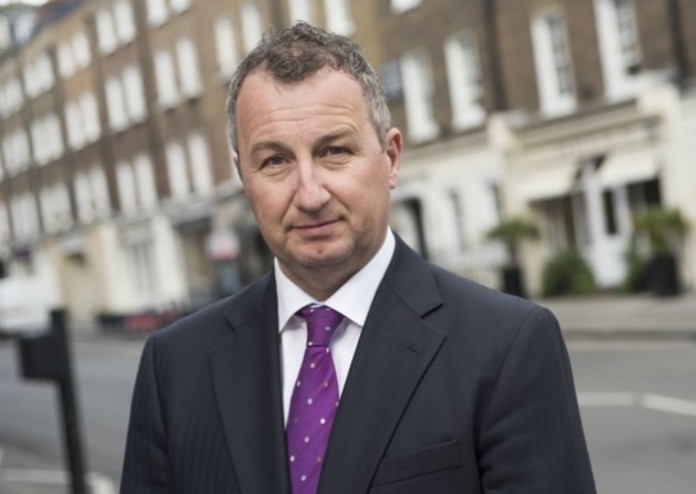Mayor of London, Sadiq Khan, could offer a 12-month ‘Crossrail-levy-holiday’ for beleaguered London firms expecting unprecedented business rates hikes, according to Colliers International, the global commercial real estate agency and consultancy.
Currently, there are around 47,000 London firms with a Rateable Value over £55,000 who must pay a four per cent Crossrail levy on top of – and collected as part of – their business rates bill.
This business rates levy, established by Boris Johnson, brings in around £263m per year towards this massive pan-London infrastructure project.
However, under new business rates levels recently announced by the Government coming into effect from April 2017, an additional 9,800 London firms will be caught by the Crossrail levy as their Rateable Values climb to eye-watering levels.
The additional income amounts to a massive £72m per year or £360m over the lift of this five-year business rates period.
Unchanged, over the same five-year period from April, this Crossrail levy will draw £1.6bn from London firms.
At the end of 2016, Colliers wrote to the Mayor of London who has the power to suspend the Crossrail business rates levy, offering much-needed respite to firms expecting to be hit hard by massive business rates hikes in April.
John Webber, Head of Rating, Colliers International, commenting on the Crossrail levy, said:
“We have heard much rhetoric from City Hall about business rates crippling London business and particularly its thriving retail sector. However, the Mayor of London does have the ability to ease the pain by offering a 12-month ‘Crossrail-levy-holiday’ from April 2017. Hard-pressed London firms bracing themselves for once-in-a-generation rates hikes would directly benefit from 12 months’ relief from this element of business rates.”
Colliers Manifesto for Business Rates Reform:
1. More frequent revaluations, three-yearly, at least, by 2022;
2. Increase funding for VOA in order to deal with existing appeals’ backlog;
3. Release VOA from pressure exerted by local councils and HM Treasury;
4. Introduce a register of appeals professionals – removing the ‘cowboy’ element;
5. Iron out inequalities where small business pays a higher proportion in business rates;
6. Root and branch reform of current business rates exemptions and reliefs.





















